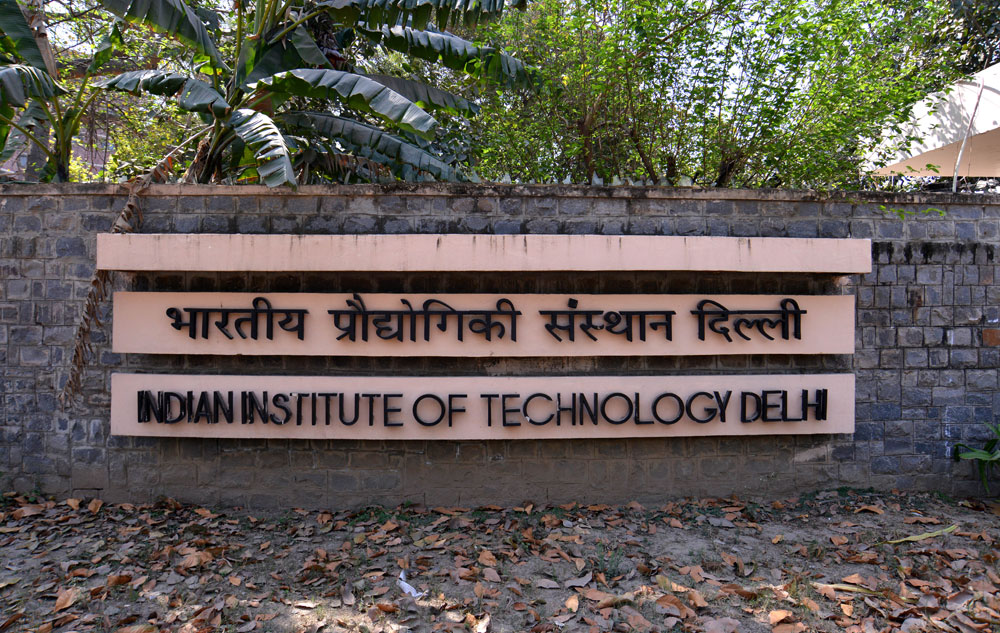Normally, governments would be expected to govern. The Indian government, however, considers its office-bearers experts in all spheres of activity, especially education. The Bharatiya Janata Party-led government is bursting at the seams with experts who often demand that educational institutions as well as academics of different subjects — history, for example — comply with their ideas alone. The Indian Institutes of Technology have been asked by the human resource development ministry to submit records of the research papers written by their teachers, and identify those who have not published any paper in a reputed journal in the last three years.
Accountability is no bad thing; but to whom should teachers be accountable for their research output? Surely to the institutions which recruited them and to which their research would add value? The government funds these institutions with public money and is free to reward excellence and offer incentives for teachers’ research. But funding institutions wholly or partly does not mean owning them. Demanding accountability of individual teachers of the IITs implies a direct assault on their autonomy and is a display of a lack of trust in the authorities that run them. Why should the HRD ministry decide on review of and action to be taken on the basis of teachers’ performance? That is the job of the respective institutions. The ministry’s insistence on quantity indicates the lack of understanding of education and research that is expected of people who are not domain experts. The ‘number’ of papers has nothing to do with the quality of research. Then, as one professor has pointed out, research in the humanities does not take the same form as research in the sciences. Most revealing of the government’s vagueness is its condition that teachers publish in ‘reputed’ journals. The standards of ‘reputed’ journals are contested within the academia itself. Besides, different subjects have different requirements for ‘reputation’. What does the government mean — peer-reviewed journals? Overseas journals? If the root of the problem was the absence of the IITs from the first 300 Times Higher Education ranks, then the government should have discussed the problem with the respective administrations to see where it could help. Individual teachers’ research is none of its business.












